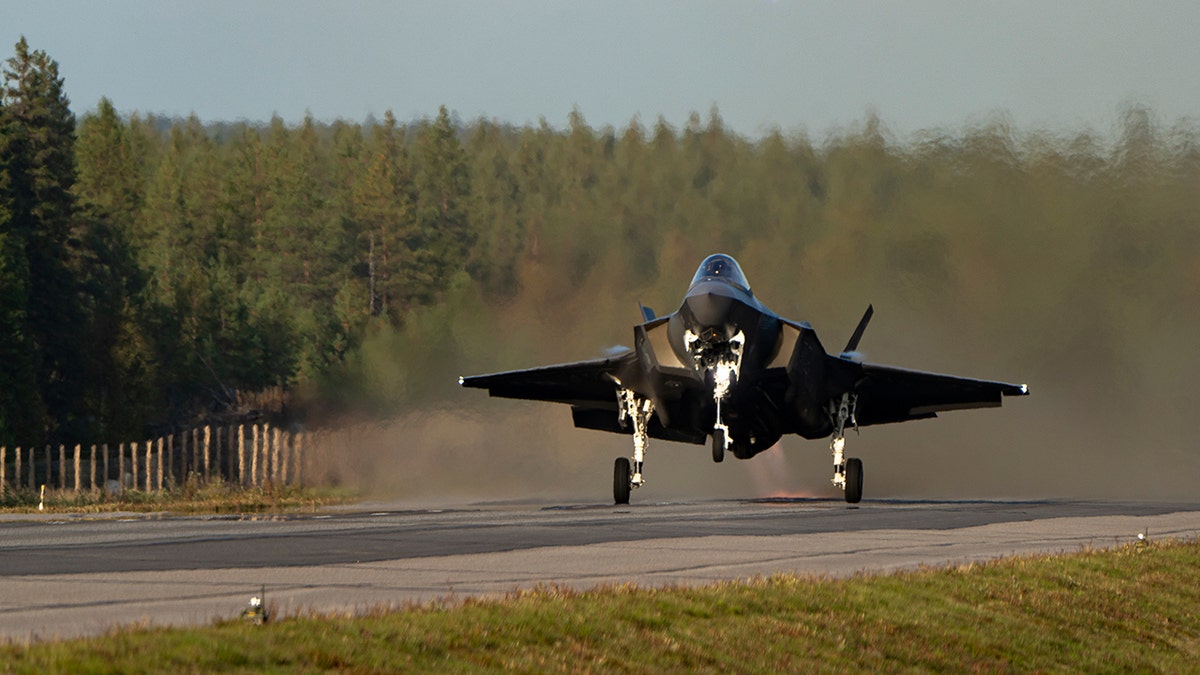After nearly four decades of military service, it was one small task that pushed Rep. Scott Perry, R-Pa., to the brink and brought an abrupt end to a long, successful career.
“I kind of slowly saw it coming,” the Pennsylvania Republican told Fox News Digital in an interview. He was talking about a trend toward progressivism that he saw as antithetical to a military that was designed to strip soldiers of their individual wants and needs and rebuild them into one fighting force.
“The culminating point for me is when my boss came to me and said, ‘You’re going to be in charge of enforcing the gender reassignment policy in the command,’” he said.
“The military is an organization where you take orders,” Perry said. “So, I decided that that was an order I wasn’t willing to take. And so I told my boss that I was going to be retiring.
“At that point, the military no longer reflected my value, sad to say, and I just didn’t want to be a part of it… Kind of the low point for me about what I was doing there, why I was there.”
In another instance, Perry, a member of the Foreign Affairs and Intel Committee, said he was given a sheet on which to rate his fellow officers’ performance.
NAVY PREPARES FOR CHINA CONFLICT WITH NEWLY ANNOUNCED STRATEGY
“Over the course of my tenure, it came to a point where you had room for about one sentence to talk about the officers’ war-fighting functions, because the whole rest of the space was filled up with things like, ‘Don’t Ask, Don’t Tell,’ sexual harassment, equal opportunity,” he explained.
“The military is designed to be lethal, and it’s about lethality and readiness. And it was clear to me that we had long since left that focus.”
Perry, 62, retired from the Army National Guard in 2019 as a brigadier general after 39 years of service. A fighter pilot by craft, he’d commanded units through deployments to Bosnia and Herzegovina and in Iraq. He was elected to the House of Representatives in 2013.
The congressman said he believes he is not unique in leaving due to a politically charged environment. “Many, many good members were just leaving because they no longer, I think, felt like the military reflected their values,” Perry said.
Recruitment issues in recent years have led to the smallest U.S. fighting force since before World War II.
“They act like they don’t know what the problem is, but to me, it’s as clear as the nose on my face,” he said. “For a lot of people, the military was the great equalizer of societal differences.”
This week was the House’s “woke week,” where Republicans passed party-line messaging bills that would root out such ideologies within corporations and industries. It came amid a failed continuing resolution (CR) that left no clear path forward to funding the government beyond Sept. 30.

Military leaders have warned against any CR, or legislation to extend government funding at current levels for a set amount of time, that would delay boosting the military budget for the next fiscal year. They have warned that a government shutdown would “devastate” readiness and Congress must quickly pass legislation that grows its spending capabilities.
“The same military leaders that act like that they can’t sustain some operation throughout a temporary impasse here in Congress are the same ones that say we’ve got to keep on spending this inordinate amount of money on systems that simply fail to produce,” Perry griped.
HARROWING FOOTAGE SHOWS US TROOPS BEING FIRED AT OVERSEAS
Congress regularly offers the Department of Defense more money than it asks for — in June, the House passed a National Defense Authorization Act (NDAA) that would pave the way for Pentagon funding to stand at $851 billion in fiscal year 2025, after a DoD request of $849.8 billion.

“Anybody that’s worn the uniform has seen the horrific ways — I’ve been in places where we’re throwing connexes of new equipment out. The American taxpayer wants to support their members that wear the uniform and potentially sacrifice their life, but I think that the military as an organization has been willing to abuse that privilege,” said Perry.
The Pentagon’s top testing office, the Director, Operational Test & Evaluation, released a report earlier this year that found that less than a third of the nation’s F-35 jets are ready for combat at any given moment.
“What is the cost of that? I would like to see our military leaders address those kinds of things,” said Perry.
“The same people that say that our national debt is one of our biggest national security issues… they say you deal with it, but it can’t affect us.”
“You know guys wearing flip-flops, using motorboats or whooping our tail in the Gulf of Aden,” said Perry, “So with all due respect, when you can buy a $10,000 drone, and we’ve got to service that with a $25,000 missile, something isn’t adding up here to me.”
Read the full article here










